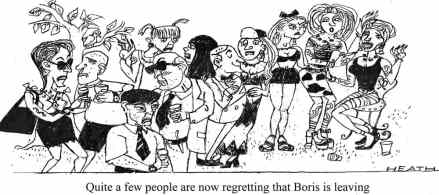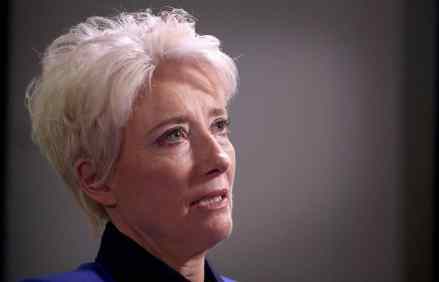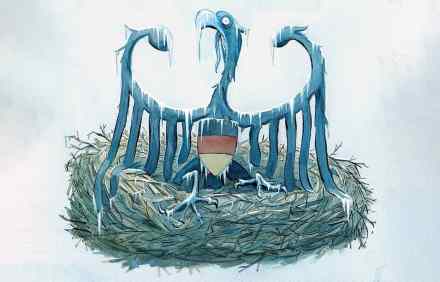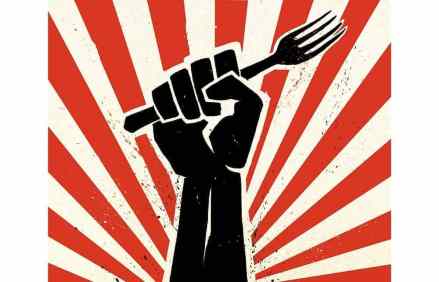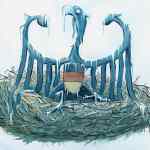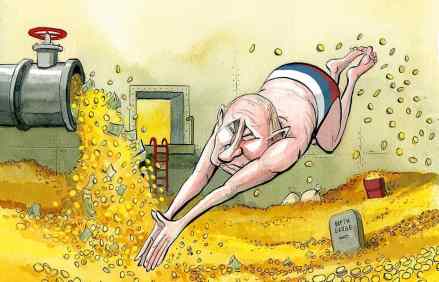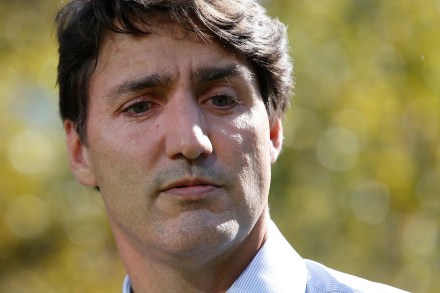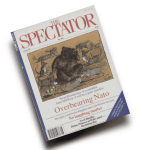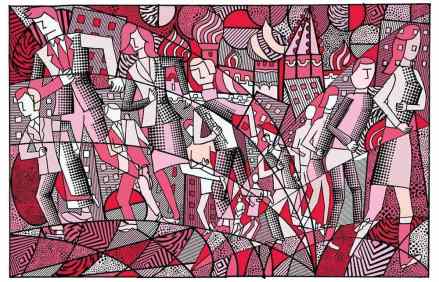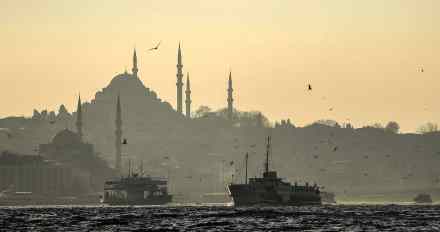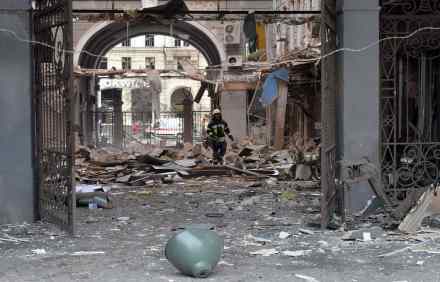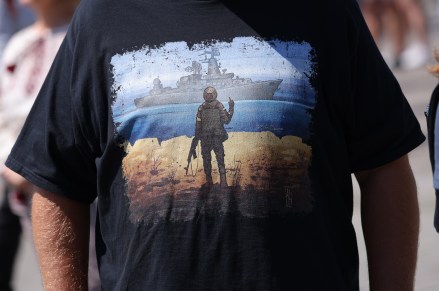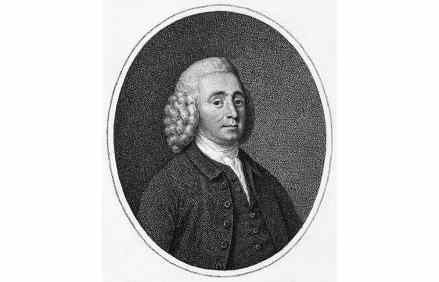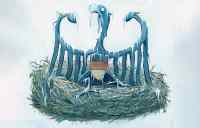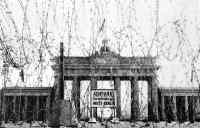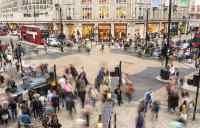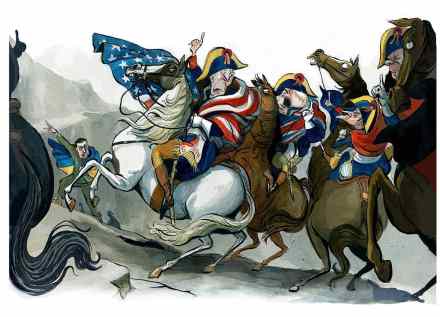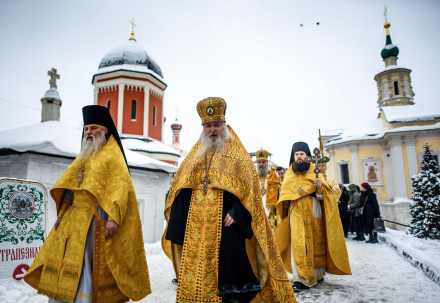Portrait of the week: Sunak vs Truss, London dodges a blackout and 94st walrus capsizes boats
Home In a television debate between the two contenders for the leadership of the Conservative party (and hence the prime ministership), Rishi Sunak said it would be irresponsible to put the country in even more debt by cutting taxes and Liz Truss said that the tax rises he approved would put Britain into a recession. Mr Sunak was criticised for interrupting. A later proposal he made to cut VAT when the price cap on energy bills rose above £3,000 only brought accusations of a U-turn. He agreed to be interviewed by Andrew Neil on Channel 4, but Ms Truss didn’t. Opinion polls put Ms Truss well ahead among Conservative voters;
